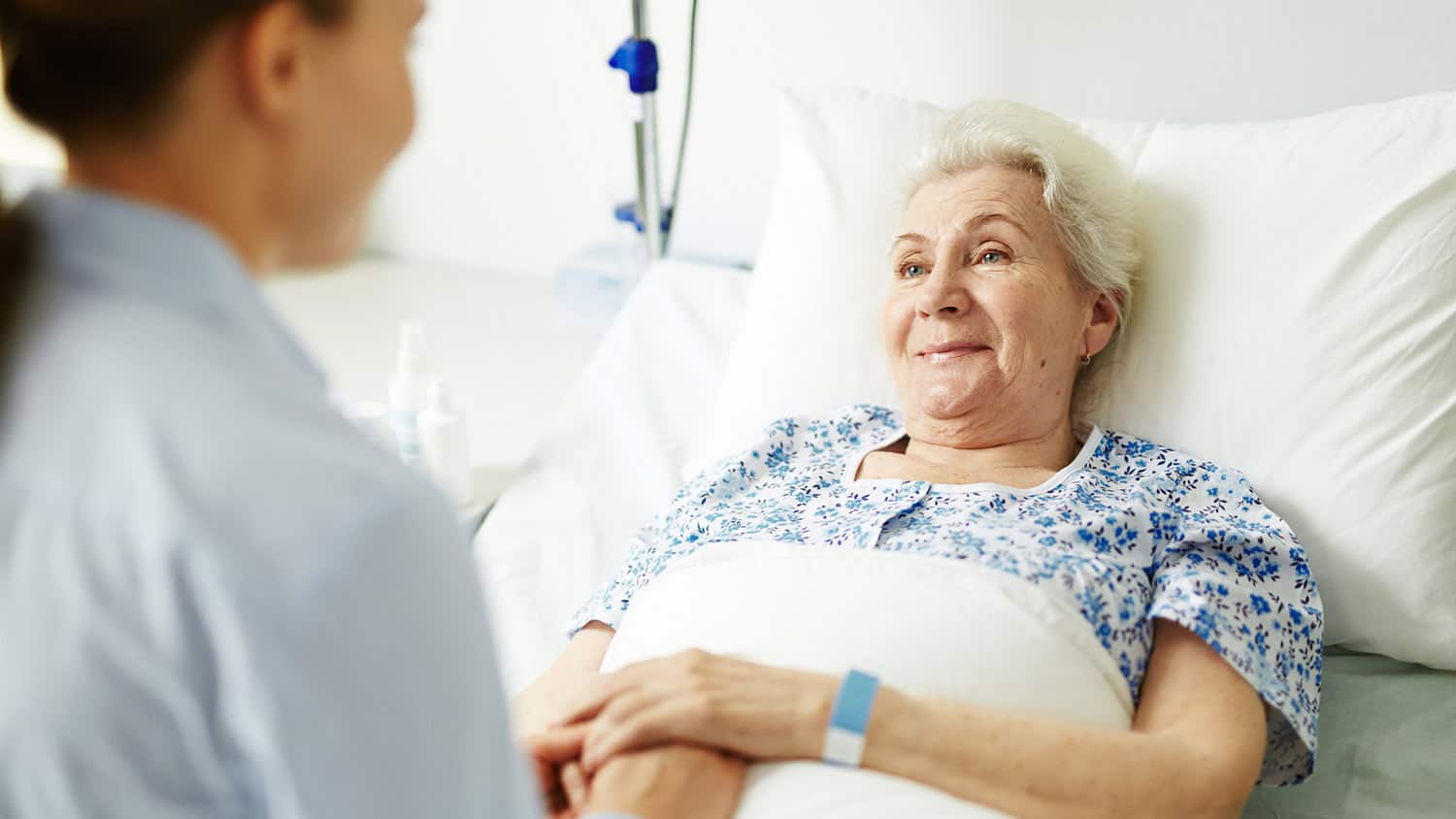
Exploring Both Sides of the Physician-Aided Dying Conversation
Of all the healthcare issues that spark controversy, extreme emotion and passionate advocacy, the idea of physician-assisted dying arguably tops the list.
It’s not hard to understand why. Faced with the prospect of intractable pain and prolonged suffering, many people believe that we should have the right to end our lives before our suffering becomes unbearable for ourselves and our loved ones.
There is the idea that preventing our ability to do this represents a gross trampling over our individual rights.
On the opposite side of the argument stand many who oppose physician-aided dying because of:
- religious grounds, i.e., going against God’s will,
- professional grounds as the physicians’ fundamental responsibility is to “do no harm,” or
- for fear of the slippery slope – coercing vulnerable people who are not terminally ill but are old or physically disabled or suffering mental and emotional illness.
Public Opinion Is Evolving
Unfortunately, many of the arguments on both sides wind up shedding more heat than light on the subject. In the meantime, public opinion has been changing steadily over the past few years, in favor of physician-assisted death.
The medical community is evolving, too, as both the California Medical Society and the Massachusetts Medical Society dropped their long-held opposition to the idea.
Hawaii recently joined California, Colorado, Montana, Oregon, Vermont, Washington and Washington, DC in passing aid-in-dying legislation.
I must say I am opposed to aid-in-dying, though not for religious, professional or slippery-slope reasons.
To put it simply, it seems to me that this evolution in opinion is more of an indication that our end-of-life care is in an egregiously sorry state, rather than it being a rational healthcare solution for those suffering terminal illnesses.
I’ve been a hospice volunteer for more than eight years. Anecdotally, in all that time, although a few people have told me they felt that they’d lived too long, no one has ever said that they wished they could end their lives.
It seems to me that those advocating for aid-in-dying accept the idea that there’s a black-and-white choice to be made between intolerable pain and its attendant futile and costly treatments, versus an ideal of “death with dignity.” That is a false choice. Reality is not a matter of either/or.
Why People Opt for Lethal Prescriptions
To shed a little light on the subject, let’s talk about why, in fact, people make use of aid-in-dying laws. Surprisingly, the fear of intolerable pain and suffering is not the main reason why people go with the procedure.
The data gathered from the state of Oregon, where physician-aided dying has been legal for more than 20 years, is instructive.
It shows that the number one reason why people ask for lethal prescriptions is loss of autonomy. Second is the inability to engage in activities that make life enjoyable. Third is loss of dignity. Alleviating pain and suffering comes in sixth, just ahead of financial concerns.
And, while proponents often point to the horrors of neurodegenerative diseases like ALS or Parkinson’s in making their arguments, the majority of lethal prescriptions are given to people with cancer.
It’s instructive to inquire, too, about the people who ask for lethal prescriptions. Statistics show that they tend to be Caucasian, wealthy and educated, and focused on having control over their lives. So, the idea of losing control, autonomy and independence looms particularly large.
The actual number of people who die as a result of prescribed lethal medications is quite small. Annually, only 0.2 percent of all deaths in Oregon result from taking prescribed lethal medications.
As it turns out, about one-third of the people who have asked for lethal prescriptions have not died by taking drugs. They either died before they decided to take the medications, or decided not to use them after all.
What Constitutes “Dignity”?
Lastly, let’s explore the issue of dignity. Merriam-Webster defines dignity as “the quality or state of being worthy, honored or esteemed.” But we often mistake ‘indignities’ for ‘dignity.’
If I became too frail and weak to shop or cook or do any of the myriad of tasks that I ordinarily do, I might consider that an indignity. If I became incontinent and needed adult diapers, I might consider that an indignity.
If I became unable to walk and then became wheelchair-bound, I might consider that an indignity too. But would any of this take away from my fundamental dignity as a human being? Would I be any less worthy of being valued, respected and cared for?
Would anyone? I don’t think so.
We all want dignity for ourselves and our loved ones as our lives ebb. Medically-aided dying is not the only way to assure that we will achieve it.
Not to mention that it is not an option available for people with dementia or for others deemed to have diminished mental capacity, or for those who cannot administer the drugs for themselves.
There is one good thing about this debate, though – it does underscore the fact that as a society, we need to be asking more of the pressing questions about end-of-life care. We need to be better educated about it as citizens, and we need to insist on better care from the medical profession.
For a thorough look at the landscape of physician-assisted death, this book covers the proceedings of a recent workshop by the National Academies of Sciences, Engineering and Medicine. Finally, here is a very moving article about a Washington man who opted for aid-in dying.
It’s certainly true that there are too many deaths that are difficult, for those who are ill and for those who care for them.
If we simply enable a very small portion of the seriously ill among us to opt for taking lethal medications, we short-circuit the very necessary opportunity to talk about what it really means to live well through the end of life.
What is your opinion about physician-assisted death procedures? Have you known anyone who has made the decision or who has considered asking for a physician-assisted death? Would you consider this option? Please share your thoughts on the matter via the comments section below.






